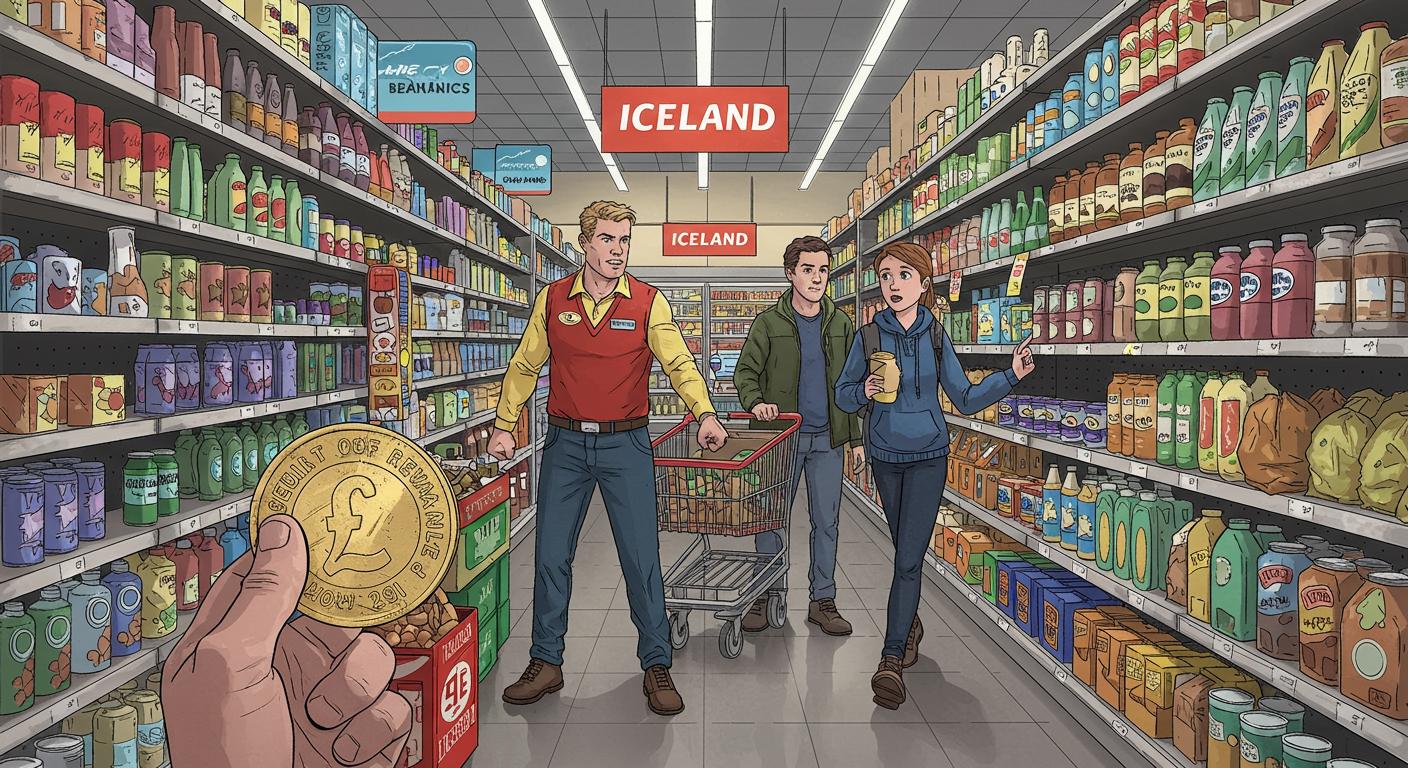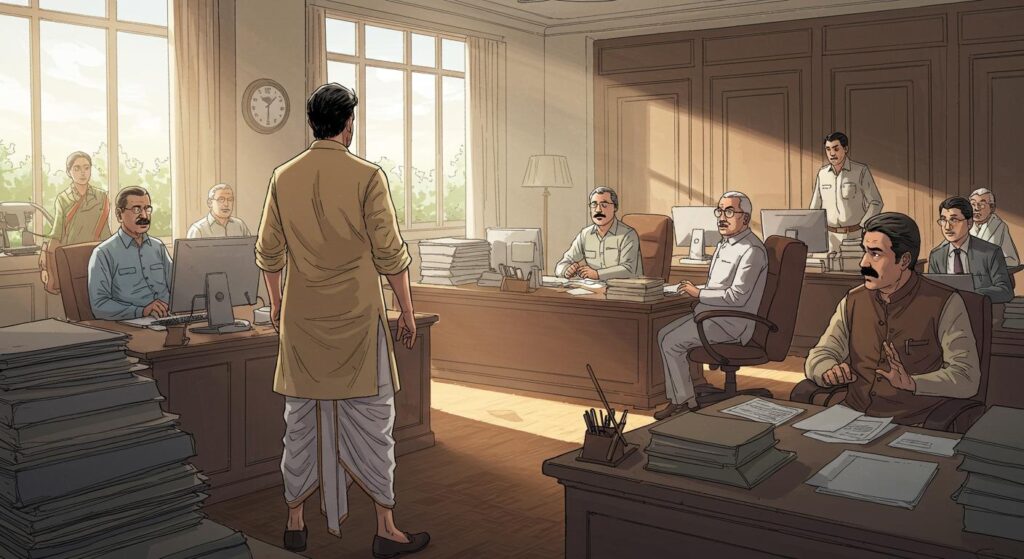Supermarkets are usually content to ply their loyal customers with loyalty cards and the odd discount voucher. Iceland, the UK’s frozen food stalwart, seems to have decided that the time has come for something a little different: they’re now offering shoppers £1 in store credit if they report a theft in progress. Not for heroics—just for flagging a suspected shoplifter to staff. This minor bounty emerges as a response to what the BBC has documented as an especially sharp uptick in shoplifting cases across England and Wales, turning ordinary grocery runs into something resembling a very low-budget spy thriller.
A Pound for Your Observational Skills
Company chairman Richard Walker, whose comments first appeared on Channel 5 News and were further detailed in BBC coverage, estimates that retail theft takes a £20 million bite out of Iceland’s annual earnings. That figure, he argues, doesn’t just sting shareholders but ripples through to staff pay and product pricing. The pound-for-a-tip scheme is intended as much as a practical step as a symbolic one: the reward comes when a customer reports and staff can verify a shoplifting attempt—no need for a citizen’s arrest or a dash through the frozen aisle. Walker emphasizes, as mentioned in the piece, that the expectation isn’t for the public to intervene physically; instead, diligent shoppers are encouraged to quietly pass on a detailed description to the nearest employee.
The company hopes, according to Walker’s various public statements, that giving customers a small tangible reason to report crime might help counteract the “victimless” image of shoplifting. He references not only the financial loss but also staff who routinely face intimidation or even violence in these scenarios. There’s an undercurrent of “we’re all in this together,” but with the added possibility of topping up your Bonus Card for a little vigilance.
Fending Off the Five-Finger Discount, One Quid at a Time
Zooming out, the BBC story notes this isn’t an isolated issue for Iceland alone. Official data cited by the outlet points to over half a million shoplifting incidents recorded in the past year—a figure representing a hefty 20% rise over the previous period, and reportedly the highest since the UK’s modern crime records began. Shops of all kinds, including pharmacies, are seeing more theft and, worryingly, more aggression toward their employees. Government officials, including victims minister Alex Davies-Jones, have publicly acknowledged how shoplifting has “got out of hand” and promised more neighborhood police patrols by 2026, though until then, retailers are improvising.
So, is a £1 incentive likely to shift shopper habits? It’s worth noting the modesty of the reward—hardly enough to spark a rush of amateur sleuthing for most, but perhaps just enough to provoke a second look if something seems off. As outlined in Iceland’s official guidance, customers aren’t being drafted as security officers; instead, they’re being nudged into participation, armed with nothing more than their observational skills and perhaps a genuine desire for cheaper fish fingers.
The Fine Print (and Finer Social Dynamics)
In a detail highlighted by the BBC, Iceland has made it clear that any reports from customers must be “verified” by staff, though exactly how this process works is left unstated. The mind wanders to possible scenarios at checkout—players on both sides nervously eyeing each other as a dispute is sorted for the sake of a pound’s credit. Is this a simple and communal act of looking out for one another, or do we risk drifting into a low-stakes, awkward zone of neighborhood watch with shopping trolleys?
Earlier in the outlet’s report, it’s suggested that Iceland sees this measure as part of a broader goal: if enough theft is thwarted, prices could eventually drop for everyone. It’s an interesting trade—community vigilance exchanged for the promise of cheaper groceries, plus a little personal bonus for the most eagle-eyed among us.
Reflections from Aisle 9
What to make of Iceland’s experiment? It’s an undeniably quirky blend of old-fashioned community spirit and modern loyalty program innovation. On one hand, it could encourage a subtle camaraderie, shoppers quietly aware of looking out for each other’s best (and most budget-friendly) interests. On the other, it might introduce new forms of tension, as staff juggle genuine reports with possible misunderstandings, and regulars size each other up for telltale signs of sticky fingers.
The big question: does this little monetary nudge actually make grocery shopping safer, or just mildly stranger? At the very least, it injects a peculiar twist into the ever-cycling drama of the supermarket. Would you sharpen your focus for the prospect of a pound off your shopping bill, or does reporting petty crime remain a job for the professionals and not the twice-weekly frozen pizza crowd? The paradoxes of retail just keep multiplying—sometimes with a Bonus Card update to show for it.







